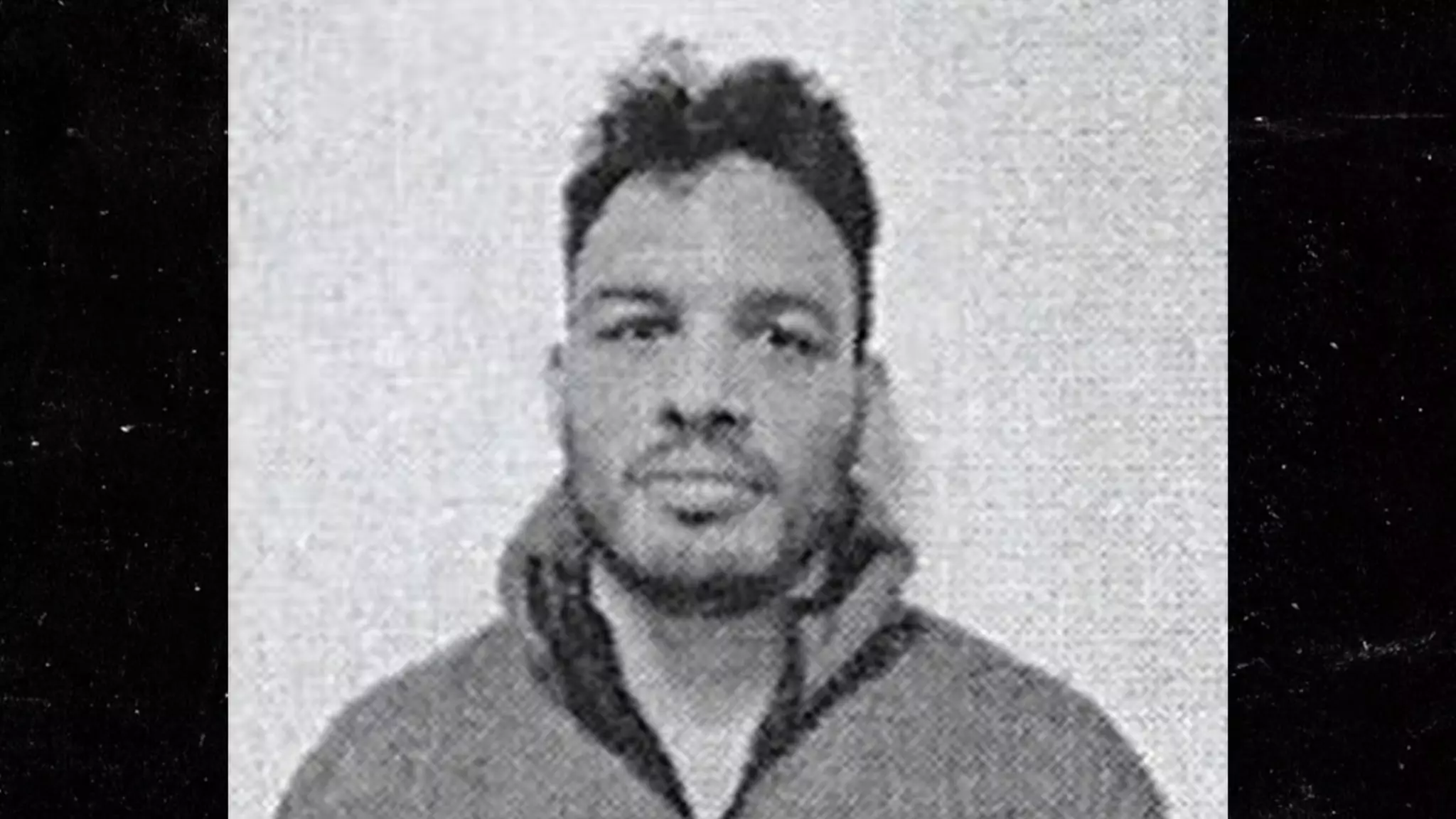Julio Cesar Chavez Jr., a name that once resonated with boxing fans worldwide for his undeniable talent and his illustrious lineage, finds himself embroiled in controversies far beyond the boxing ring. While fans remember his bouts against top-tier opponents like Canelo Alvarez and even Jake Paul, recent events cast a dark shadow over his legacy. His arrest by ICE agents in Studio City, linked to alleged involvement with organized crime and firearms trafficking, is not just a legal matter but a mirror reflecting the complex interplay of fame, reputation, and vulnerability.
Chavez Jr. was detained based on an active warrant out of Mexico, accusing him of serious charges involving weapons and cartel connections. Such allegations are severe, especially given his family’s deep roots in boxing—his father, Julio Cesar Chavez Sr., is a revered icon in the sport. For many, this arrest raises pressing questions about the pressure and environment junior might have navigated, exposing the stark contrast between his public persona and the unsettling allegations now surrounding him. It’s a sobering reminder that fame and success do not immunize individuals from profound personal and legal struggles.
Missteps and the Perilous Path of Celebrity
Chavez Jr.’s legal history in the U.S. paints a picture of ongoing turmoil. With past incidents dating back to 2012—such as drunken driving and license violations—his record reflects patterns of personal misjudgment. His recent January arrest regarding illegal possession of an assault weapon further underscores a series of choices that suggest deeper issues at play. These incidents, interconnected and increasingly alarming, demonstrate how a tumultuous personal life can overshadow athletic achievements.
While he has fought notable opponents and even shared a ring with Jake Paul, these victories now seem insignificant against the backdrop of his alleged associations with criminal elements. The contrast between his boxing career—a sport rooted in discipline and resilience—and his alleged links to organized crime emphasizes a tragic dissonance that critics and fans alike grapple with. Is this a reflection of personal weakness, systemic issues, or both? The answer remains murky, but one thing is clear: the fall from grace can be swift and unforgiving.
The Society’s Double Standards and the Cost of Fame
The authorities’ comments reveal a society wrestling with its contradictions. DHS officials criticize the previous administration for not acting decisively against Chavez Jr., labeling him as a public safety threat. Yet, within the broader context, this case exposes how fame complicates justice. High-profile athletes often receive different treatment—public scrutiny is intense, but enforcement can be inconsistent. Chavez Jr.’s history of legal issues, combined with his celebrity status, exemplifies this tangled web where privilege and accountability collide.
Moreover, the focus on cartel affiliations and weapons trafficking reminds us that beneath the glamorized veneer of professional sports lies a reality fraught with vulnerability, criminal entanglements, and systemic failures. Chavez Jr.’s case underscores a disturbing truth: no one, regardless of stature, is immune to the law, but the path to justice is often riddled with complexities shaped by societal perceptions, political will, and media narratives. As the legal process unfolds, it becomes essential not only to seek accountability but also to understand the deeper societal issues that allow such situations to emerge and persist.

